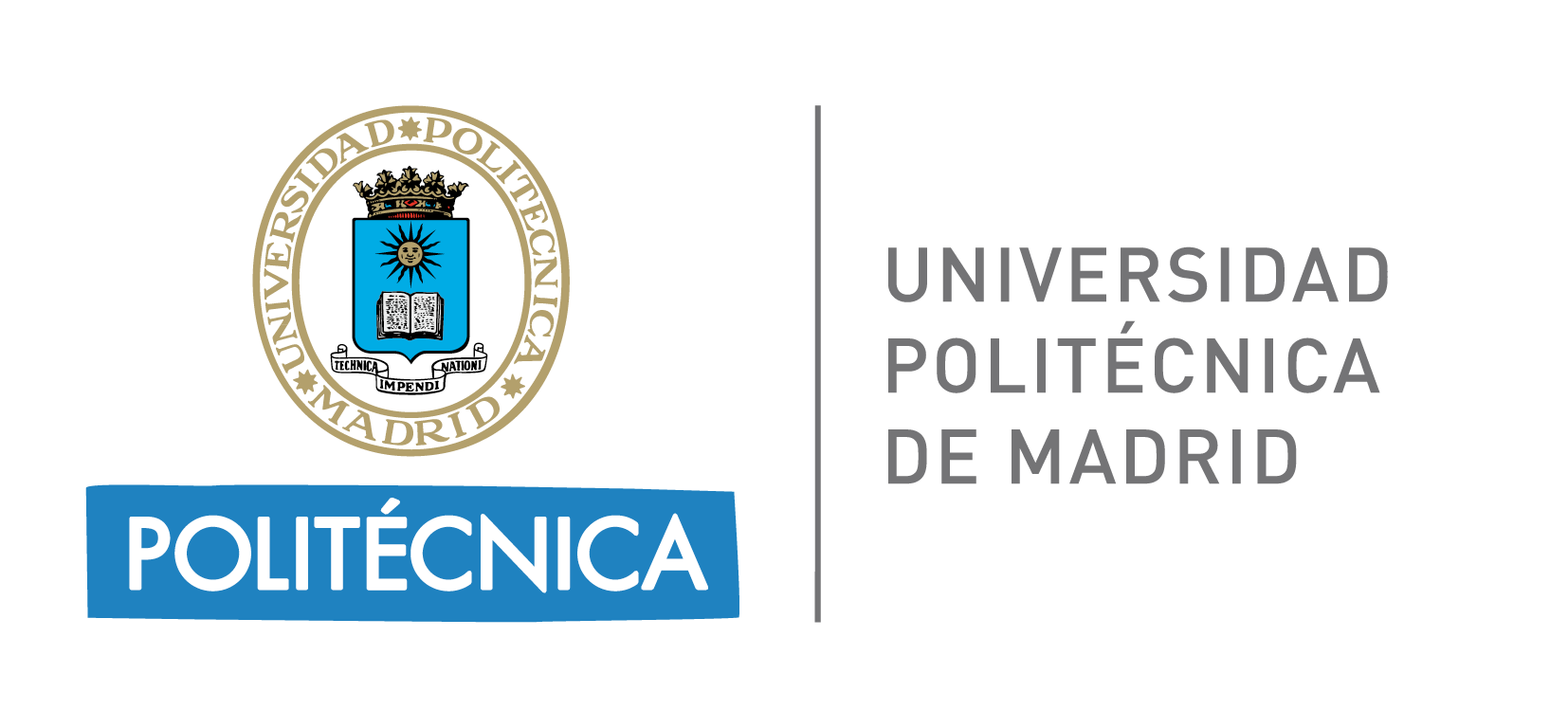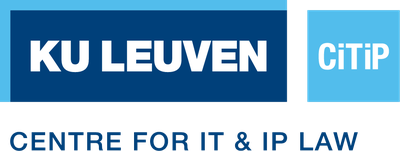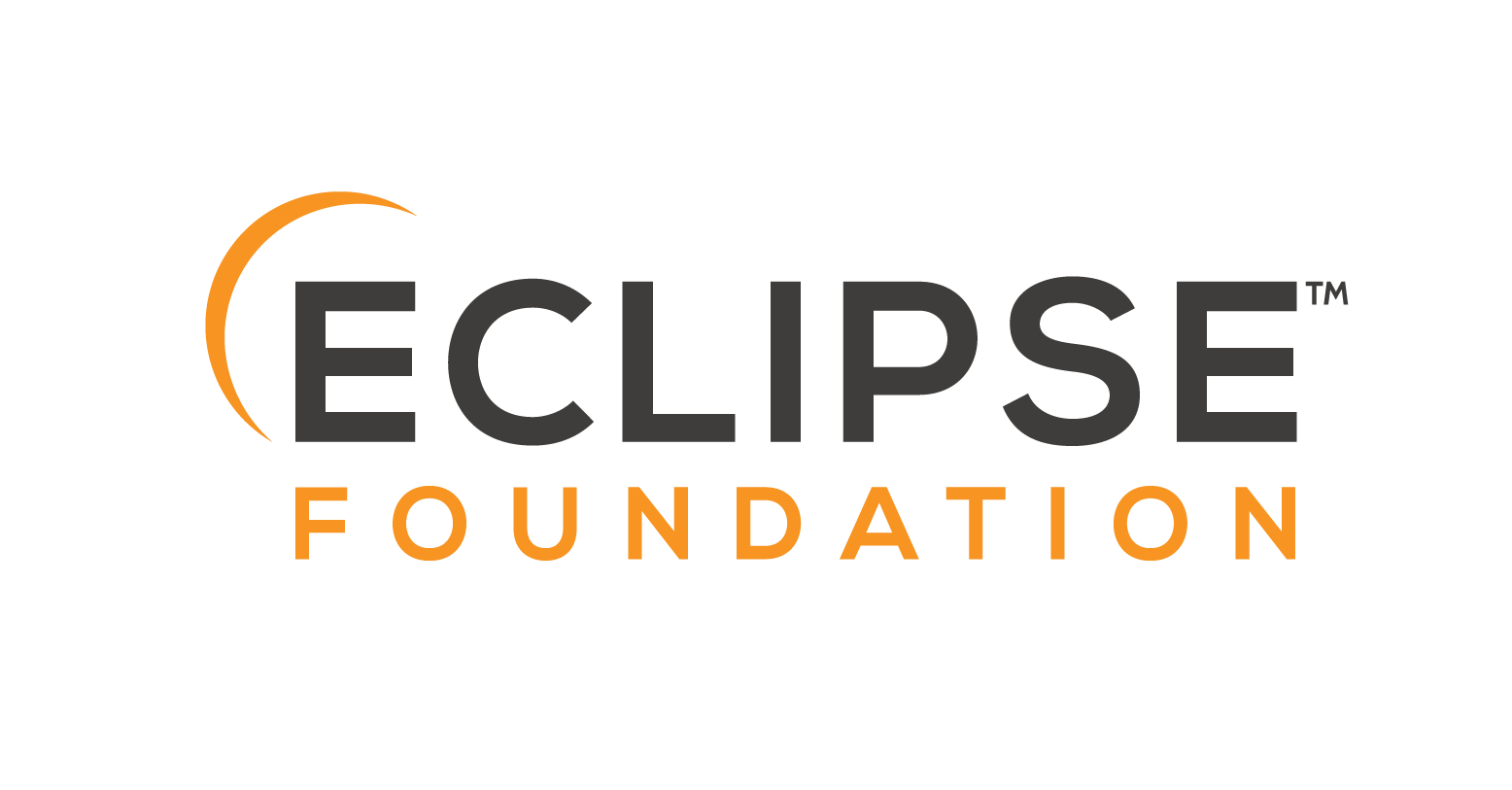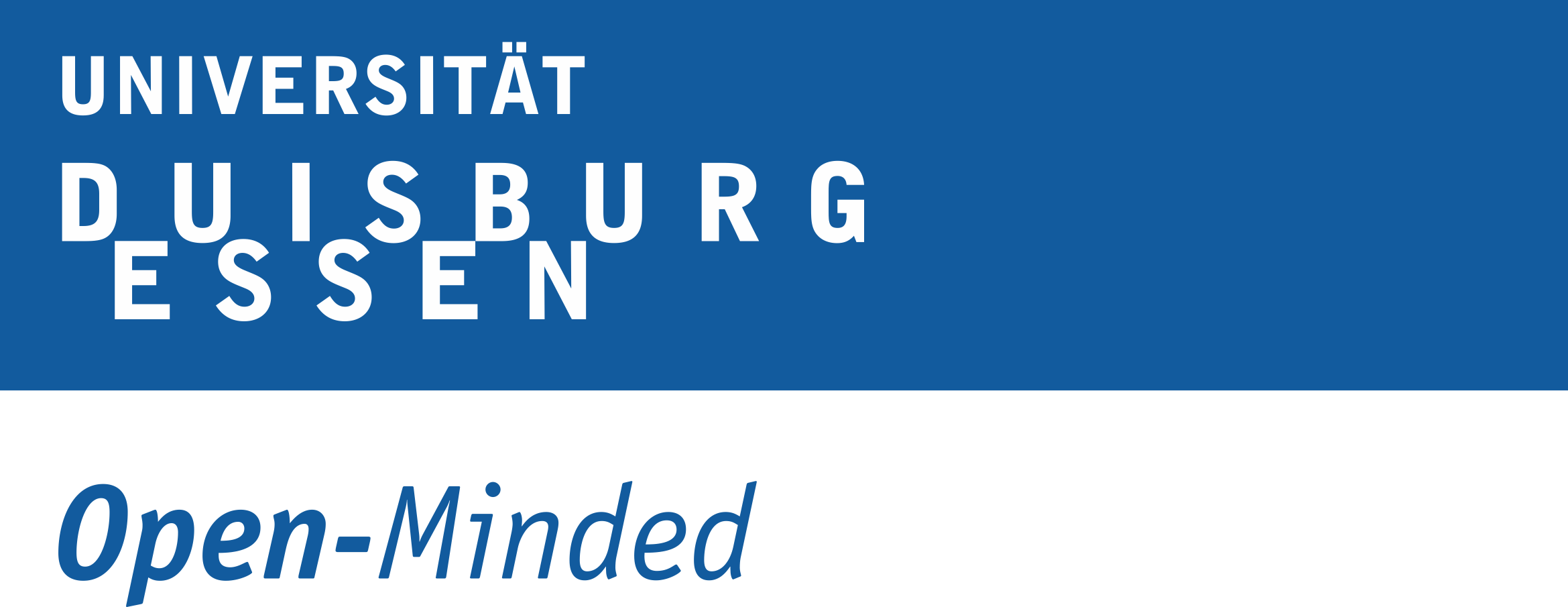
PDP4E Consortium
PDP4E is a joint initiative including a multidisciplinary team of 8 European partners. The project has a 3 years duration. It is a response to the H2020 call “DS-08-2017”.
TRIALOG is an engineering company specialized in the field of complex systems. Its main activity is to build and then transfer technological innovations to its customers. Its offer is based on its ability to anticipate, support and develop cutting-edge technologies in industrial information systems and Research and Innovation projects. This approach also includes the need to be able to validate and test the interoperability of systems and platforms for the Internet of Things, cyber security and privacy.
Tasks in the project:
-
• Project management and Administration
• Leadership of Connected Vehicle pilot
• Innovation and Exploitation leader
• Risk management tool and standardization expertise
The Universidad Politécnica de Madrid (UPM) is the largest technical university in Spain, devoted to technical and engineering studies, having about 41,000 students, 3,600 teaching and research staff and 2,000 administrative and technical staff. UPM plays an important role in European research activities: it has been the largest Spanish public contractor to the European Commission (position kept in FP4, FP5, FP6, FP7). UPM participates in the project through the Telematics Systems Engineering Department (DIT). The Department is the largest university research group on Telematics existing in Spain.
Tasks in the project:
-
• Scientific and Technical Leader
• Quality management aspects
• Scientific dissemination
• Design of overall requirements and PDP4E architecture and methodological framework
The CEA (750 employees) is a relevant actor in technological research specialized in digital systems. It is represented by two laboratories that will encompass efforts and expertise to accomplish project goals. Within CEA, the LISE (Laboratory of Model-Driven Engineering for Embedded Systems) focuses its research and development activities in three complementary and essential facets of complex and critical systems engineering: (1) design methods and implementation technologies for the development of mission-critical systems; (2) formal specification analysis and the automatic generation of test sequences; (3) methods and techniques for system engineering model-oriented development. The laboratory is the leader of the development of an open-source UML modelling environment namely Papyrus UML which has now become a widespread and recognized tool of the domain.
Tasks in the project:
-
• Leader of requirements engineering and model-driven engineering tool.
• Leadership of Smart Grid pilot
• Technical support in the architecture of the toolset.
FUNDACIÓN TECNALIA RESEARCH & INNOVATION (www.tecnalia.com) is a private, independent, non-profit applied research centre of international excellence. Legally a Foundation, Tecnalia is the leading private and independent research and technology organisation in Spain and one of the largest in Europe, employing around 1,300 people (225 PhDs) and with income of 100,2 Million € in 2016. The whole team at TECNALIA has one GOAL: to transform knowledge into GDP, meaning wealth to improve people’s quality of life by generating business opportunities for industry. TECNALIA is committed to generate major impacts in economic terms, by means of innovation and technological development, addressed by 7 business divisions, covering economic sectors of Energy, Industry, Transportation, Construction, Health and ICT. TECNALIA has been granted over 396 patents and promoted 30 spin-off companies.
Tasks in the project:
-
• Leader of Assurance compliance tool
• Contributor to the architecture design and risk management tool implementation.
• Contributor in the Big data on smart grid pilot.
KU Leuven Interdisciplinary Centre for Information Technology and Intellectual Property (CITIP) is a research centre at the Faculty of Law of KU Leuven, currently with a staff of over 40 researchers specialized in legal and ethical aspects of IT and innovation. CITIP is among the founding members of the Leuven Center on Information and Communication Technology (LICT) and of the Flemish digital research and incubation centre iMinds (www.iminds.be) that recently merged with imec, a world-leading research and innovation hub in nano-electronics and digital technologies (www.imec.be). Whereas CITIP’s in-house staff are all legal experts, it has access to leading technical experts in Flanders via its affiliation to LICT and imec (previously iMinds).
Tasks in the project:
-
KU Leuven is responsible for the elicitation and elaboration of the privacy and data protection legal requirements for PDP4E’s tools and methodology as well as for the validation of these requirements and the ethical assessment during the project.
Eclipse Foundation Europe GmbH is the European subsidiary of the Eclipse Foundation established to help support and develop the large and growing Eclipse open source community in Europe. Eclipse is a global open source community with over 350 projects, more than 1400 committers, over 260 member organizations supporting the operation of the Foundation, and with an estimated 5 million active developers using Eclipse. Half of the Eclipse user community is located in Europe and half of the member companies are based in Europe.
Eclipse Foundation Europe staff members are specialized in developing the European Eclipse Ecosystem, and helping research projects implement open innovation and disseminate their results as Open Source projects. They participate to European projects such as to different projects like the AGILE H2020-ICT30, CROSSMINER H2020-ICT10, RobMoSys H2020-ICT26, AMASS-H2020-ECSEL, OPEES, and Amalthea4Public ITEA2 projects and APPSTACLE ITEA3 project. They participate in European-based associations such as the German Bitkom to create awareness of open innovation, open source business models, and the Eclipse platform.
Since its creation in 2004, the Eclipse Foundation is stimulating several hundreds of open source software and products. Every Eclipse IDE release is downloaded 2.5 million of time. We have around 5 million active developers in different programming languages including: Ada, ABAP, C, C++, COBOL, Fortran, Haskell, Java, JavaScript, Julia, Lasso, Lua, NATURAL, Perl, PHP, Prolog, Python, R, Ruby, Scala, Clojure, Groovy, Scheme, and Erlang.
Tasks in the project:
-
• A facilitator role between PDP4E and the Eclipse ecosystem
• A leading role in the PDP4E project dissemination and community engagement activities
The University of Duisburg-Essen (https://www.uni-due.de/) is one of the youngest universities in Germany and thinks in terms of possibilities, not limitations. paluno, the Ruhr Institute for Software Engineering of UDE (https://paluno.uni-due.de/en/), was founded in 2010. In paluno eight professors and their teams join forces. With more than 100 academic staff members, paluno conducts application-oriented research on important areas of software engineering, including requirements engineering, software services, software architectures, security-privacy-trust, and big data systems. Research activities are performed in close cooperation with well-known partners from industry and research. UDE is member of the University Alliance Ruhr (http://www.uaruhr.de/profil_en.php), which pools around 110,000 students, close to 1,200 professors and over 300 MEUR annual 3rd party funding.
Tasks in the project:
-
UDE will contribute to the architecture of the toolset by supporting the creation of suitable meta-models and the architecture of the PDP4E tool set. UDE’s expertise in privacy and security requirements engineering and existing research results including taxonomies of privacy requirements and a tool-supported privacy requirements engineering method (ProPAn) enable UDE to contribute to WP4. Especially, experience of building the common body of knowledge on engineering future internet services (http://www.nessos-cbk.org) developed during the NESSOS project will contribute to build a common body of knowledge on privacy engineering.
Beawre is a new company that provides solutions for risk management. Prime focus of the company is to ease the risk management in highly volatile, regulated environments and provide the means to assess, optimize and monitor status of the risks in close to real-time fashion by leveraging non-intrusive methods of collecting influential data. Beawre’s priority domains include the automotive sector, construction of critical facilities, e-health or transportation (both in-land and aviation). Beawre’s team accumulates in average more than 7 years of experience developing innovative technology for risk management in different contexts. Our products cover a large range of challenges including helping customers monitor and manage complex processes to control associated risks or mitigate them.
Tasks in the project:
-
• Leader of risk management tool
• Main contribution in model-driven design








